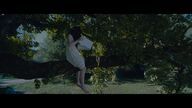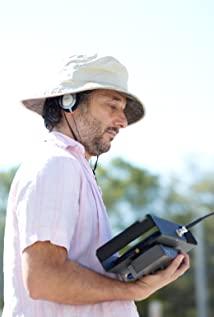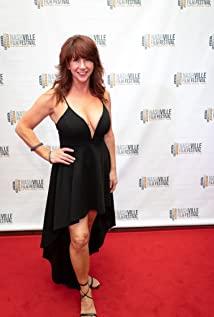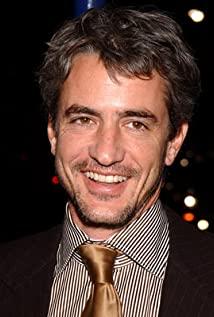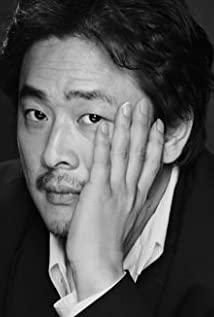Compared with Park Director's past masterpieces, this Hollywood film is restrained, cautious and ambitious. In addition to the audio-visual language that draws strong attention, the narrative structure adds a lot to this ordinary story of revenge for the father. There were many plot reversals, contrary to the audience's wishes, several ups and downs, from the discovery of the secret of Charlie's brother murder in Stoke, and the capture of Charlie's high heels in Stoke. The memory of that hunt reflects the power of editing. Killing or not killing birds represents the girl's attitude towards revenge, the strength of her psychology, and whether her father's teachings have been practiced. At the end of the film, the blood corresponds to the freshness, and the growth of the hunter is strongly reflected. The cheerful and relieved music is played. The logic of murder left to her allows her to aim calmly, and also allows the audience to carefully appreciate the close-up of the hunter and feel the aesthetics conveyed.
Of course, the dross learned from the American route in the plot is still obvious. Charlie successively took on the plot of the two women's silence and the theme on the surface, but in fact they were completely different. This branch line can be said to have discounted the temperament of the whole film. Even if it is decorated with parallel montages, it cannot get rid of the strong American country flavor. If this sub-line is toned down, and the obscurity of Charlie is pointed out implicitly, perhaps this film will not stop at the level of dazzling skills.
View more about Stoker reviews




